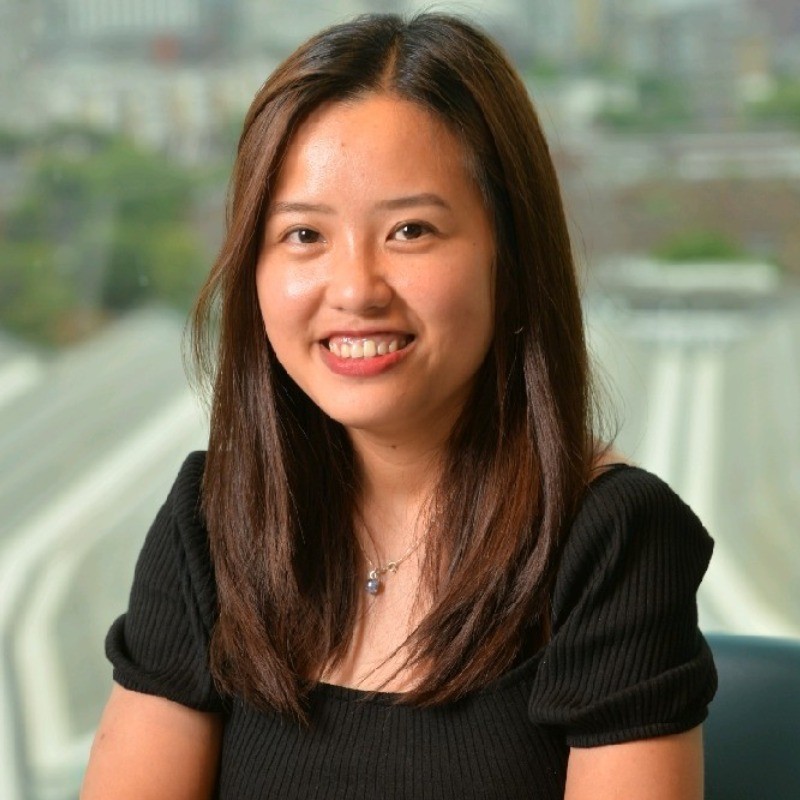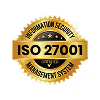“I didn’t become a doctor to type on a laptop all day. I became a doctor to care for people.”
— Dr. Sai Achuthan, Psychiatrist & Medical Director
In every hospital, every ward, and every care home across the UK, there’s a quiet crisis taking place — one that doesn’t make headlines but shapes every moment of care.
It’s not a shortage of compassion. It’s not a lack of dedication.
It’s the weight of administration — the endless forms, audits, and fragmented systems that keep clinicians staring at screens instead of looking into the eyes of the people they serve.
For Dr. Sai Achuthan, an award-winning psychiatrist and one of the UK’s top 100 influential medical leaders, that burden had become impossible to ignore.
“It was sucking the life out of clinicians.”
Dr. Sai’s story begins not in London or Manchester, but in Malaysia, where he trained as a psychiatrist.
There, care felt human. He knew his patients deeply — seeing them multiple times a week, understanding their families, their fears, their recovery journeys.
“I could see my patients two or three times a week. I knew them in and out — not just their diagnoses, but their lives. That’s what care should feel like.”
But when he moved to the UK, he was confronted by something different — a system so weighed down by compliance, paperwork, and disconnected technology that it pulled clinicians away from patients and into process.
“I was spending more time typing than talking. It became defensive medicine — writing to protect yourself rather than writing to heal.”
A System Fragmented
What frustrated him most wasn’t just the paperwork — it was the fragmentation.
Care plans in one system. Compliance audits in another. GP records in a third.
Each login, each export, each duplicated entry stealing more time from what mattered most.
“The system is so fragmented that when a patient moves from London to Somerset, there’s no continuity. We spend hours chasing records, instead of spending minutes understanding the person in front of us.”
That’s when Dr. Sai began to imagine something different — a future where data didn’t divide care, but united it.
A future where technology didn’t add burden, but lifted it.
Finding Hope in Health Connect
When Dr. Sai first saw Health Connect — a care intelligence platform designed by clinicians — he knew instantly it wasn’t just another “digital care record.”
“I sat down with Devon, the founder, and saw how it worked. In one click, it generated a full clinical report. I thought to myself — this is it. This is the future.”
Unlike traditional care systems that simply digitize paper forms, Health Connect reimagines how care is documented, monitored, and improved.
It doesn’t just capture data — it makes sense of it.
It connects compliance with care.
And most importantly, it gives time back to the people who give care.
From Burden to Balance
For Dr. Sai, the transformation isn’t just technological — it’s emotional.
It’s about restoring purpose and pride to every nurse, clinician, and care worker who’s been weighed down by bureaucracy.
“With Health Connect, the burden on nurses will drastically reduce. Clinicians will have time to sit with families again. Registered Managers will have confidence in their compliance. This is how you bring joy back into care.”
He sees it as more than software — it’s a movement.
A reclaiming of what it means to be a clinician in the first place.
“Every hour you spend on admin is an hour not spent with a patient. Health Connect gives that hour back. It lets us be what we were trained to be — healers.”
From Data Entry to Care Intelligence
Dr. Sai often describes legacy systems as “data graveyards” — endless fields of information that nobody has time to use meaningfully.
What Health Connect introduces, he says, is intelligence — live, connected, actionable insight.
“Data entry creates graveyards. Intelligence creates action. AI should never replace humans — it should augment us. Protect us. Help us make better decisions faster.”
With intelligent alerts, live dashboards, and AI-powered reports, clinicians no longer need to spend hours typing or auditing.
Health Connect does the heavy lifting — so care teams can focus on what’s human.
A Vision for the Future of Care
When asked what the future looks like with tools like Health Connect, Dr. Sai paints a hopeful picture — one of connection, efficiency, and compassion.
“If every care provider in the UK used this system, we’d finally have a seamless ecosystem. GP records, hospitals, care homes — all connected. Real continuity of care. Real prevention, not just intervention.”
It’s a vision where compliance isn’t a distraction, but a byproduct of doing care well.
Where clinicians don’t dread coming to work, but look forward to it again.
Where every minute counts — and every minute is spent where it matters.
Reclaiming Purpose
For Dr. Sai, this isn’t just about technology — it’s about identity.
It’s about reclaiming what it means to be a clinician, a nurse, a carer.
“We need to reclaim our purpose. We are not data clerks — we are clinicians. Health Connect lets us focus on people again.”
And for care providers across the country, that message lands with power.
Because the future of care isn’t just digital — it’s intelligent.
It’s human.
It’s hopeful.
It’s Health Connect.
💡 “Every clinician deserves to spend more time caring, not complying.”
Discover Health Connect — The Care Intelligence System built to bring time, trust, and humanity back to care.
Book a demo


.png)
.png)







